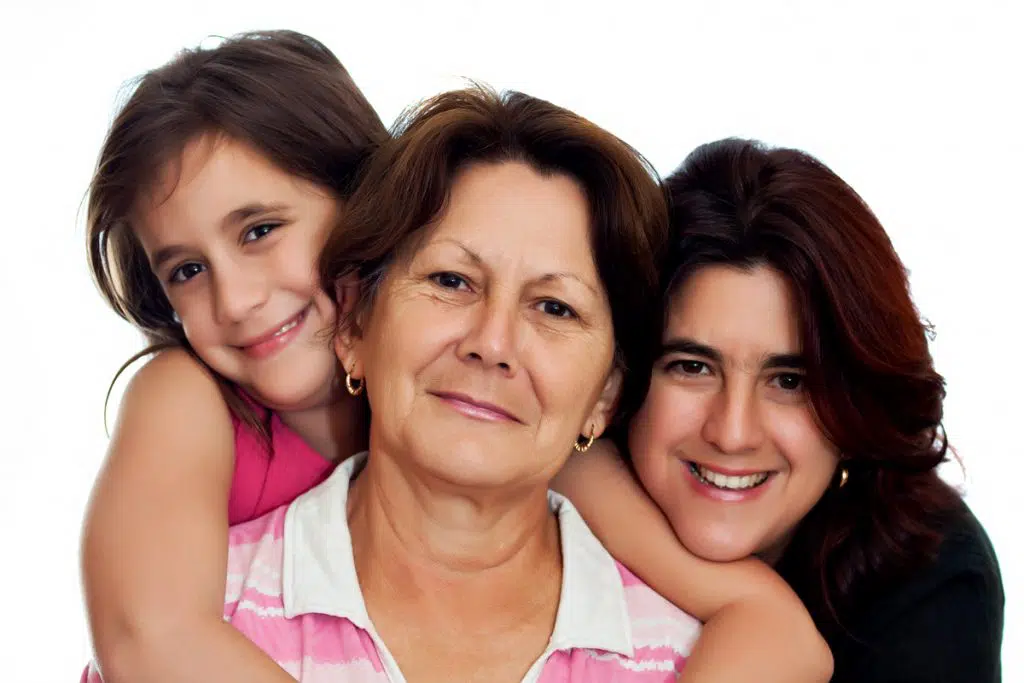by Sara Gómez Trillos and Alejandra Hurtado de Mendoza, Ph.D.
The Covid-19 pandemic has highlighted the fact that some groups of people have less access to health information and services and worse health outcomes than others. These health disparities are evident across the board for different conditions, including hereditary cancer. This national spotlight provides an opportunity for researchers like us to explore new ways to achieve health equity.
Genetic testing information is valuable. It can inform treatment decisions for people with a cancer diagnosis, and cancer prevention options both for people with and those without a cancer diagnosis.
Unfortunately, scientific and medical advances do not always reach underserved populations. Factors like poverty and structural racism contribute to an unequal access to and use of genetic counseling and testing services. Previous studies have shown that, compared to non-Hispanic Whites, Latinx individuals:
- Are less aware about their risk of hereditary cancers.
- Are less aware about the availability of genetic counseling and genetic testing services.
- Are less likely to discuss about genetic counseling and testing with their healthcare providers.
- Are less likely to be referred to genetic counseling and testing.
- Are less likely to receive genetic counseling and testing, despite having similar risk.
Our work for the past five years has been focused on addressing the disparities seen in hereditary breast and ovarian cancer between Non-Hispanic White women and Latinx women in the United States.
As researchers at Georgetown University, we have interviewed many Latina women who are at-risk of hereditary breast and ovarian cancer. We notice that many of the women who participate in our studies are not aware of their own risk until we speak with them. Some participants in our studies have been diagnosed with a second cancer that could have been prevented if genetic counseling and genetic testing had been available to them at the time of the first diagnosis. We have also heard stories about women who could not cover the testing costs. Others received genetic testing without ever discussing the implications with a genetic counselor. We often hear “I know I am negative, but negative to what?” Our team works to develop culturally targeted interventions for Latinas across the genetic counseling and testing continuum so that these stories are not repeated.
Our team collaborates with community partners to reach members of the Latinx community. We ask patients about their current knowledge and their needs. Then, taking into account the science, the needs, and values of the community we developed projects to increase their use of genetic counseling and testing. Women who have participated in our studies have told us several times that it was the first time they received information about hereditary breast and ovarian cancer in Spanish and in lay terms that they could understand.
Language is an important barrier for the Latinx community, especially because there are very few genetic counselors who speak Spanish in the United States. Additionally, we learned that transportation to hospitals and scheduling appointments can be challenging for many women who live in rural areas or work long hours. Therefore, making genetic services inaccessible for them.
In our latest study, we are testing a project to provide genetic counseling by phone with a Spanish-speaking genetic counselor and with the aid of an illustrated booklet in Spanish. We are hoping that this project can help to develop strategies for providing genetic counseling that are appropriate for the Latinx population and that ultimately can improve the health of Latinx in the U.S. We are currently recruiting for this project. Learn more here.
Dr. Hurtado de Mendoza is an Assistant Professor in the Oncology department of Georgetown University at the Lombardi Comprehensive Cancer Center. She studied social psychology, anthropology, and communication and technology.
Her current research focuses on genetics and health disparities in the area of hereditary breast and ovarian cancer. All of her studies are developed for the benefit of ethnic/racial minorities, specifically for Latina immigrants and Black/African American women. The main purpose of her current studies is to improve knowledge about the risk of hereditary breast and ovarian cancer and to improve access to minority genetic testing and counseling services.
Dr. Hurtado de Mendoza is an expert in community-based research. Her projects are characterized by making appropriate cultural adaptations to interventions that are evidence-based for the Latinx and Black/African American communities.
